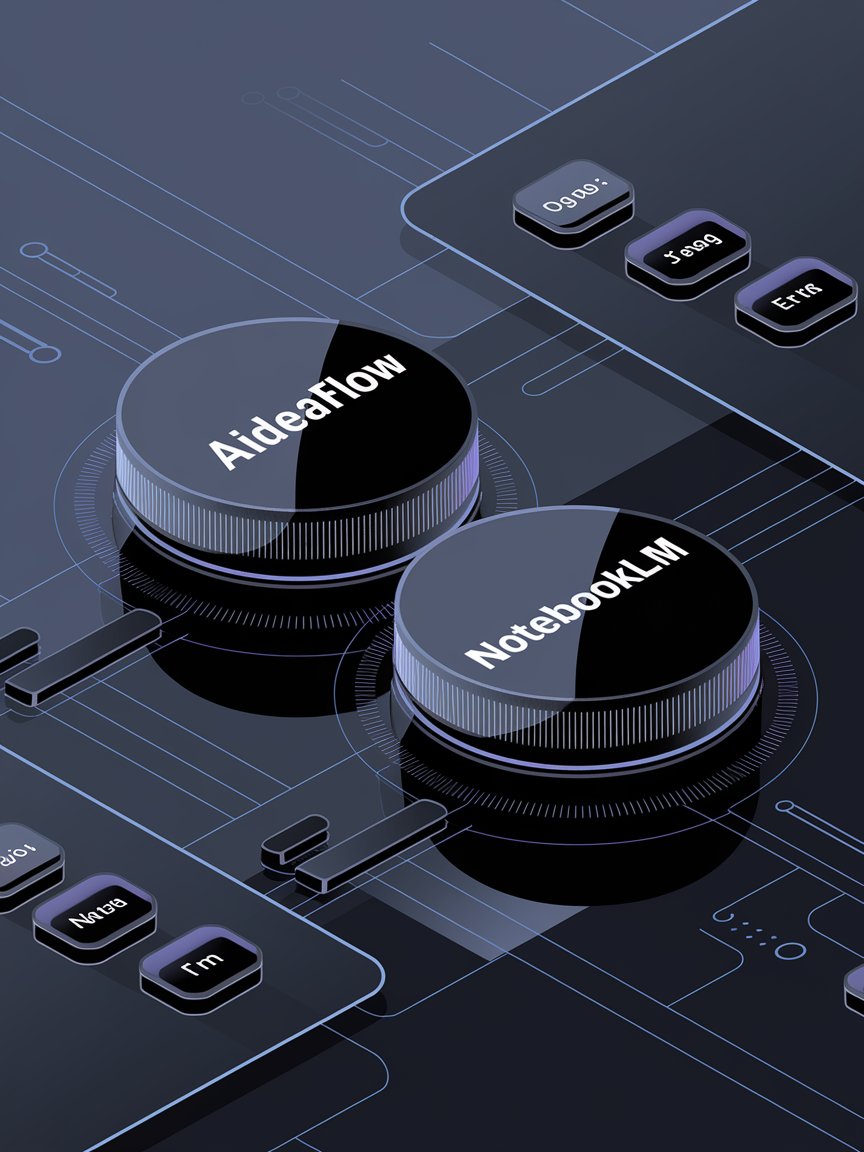
Voice Cloning Ethics: Navigating AIdeaFlow’s Impact on Content Creation
In the rapidly evolving landscape of artificial intelligence, voice cloning technology has emerged as a powerful tool that can transform the way we create and consume content. While the benefits of voice cloning are significant—enabling creators to produce high-quality audio content quickly and efficiently—ethical considerations loom large. Issues such as consent, authenticity, and the potential for misuse must be navigated carefully. This blog post will explore the ethical implications of voice cloning, with a special focus on AIdeaFlow, a platform that harnesses this technology for podcasting and audio content creation.
Understanding Voice Cloning
What is Voice Cloning?
- Voice cloning is a type of speech synthesis that uses AI to replicate a person's voice.
- It can generate speech that sounds nearly indistinguishable from the original speaker.
- This technology is often powered by deep learning algorithms trained on a dataset of the target voice.
Applications of Voice Cloning
- Podcasting: Creators can generate episodes without recording their voice.
- Entertainment: Voice cloning can be used in animation and video games for character voices.
- Accessibility: It provides personalized speech for individuals with speech impairments.
The Rise of AIdeaFlow
Overview of AIdeaFlow
- AIdeaFlow is a cutting-edge platform designed for creating AI-powered podcasts and audio content.
- It leverages voice cloning technology to streamline the content creation process.
- Users can produce high-quality audio content with minimal effort, enhancing productivity.
Features of AIdeaFlow
- User-friendly interface that simplifies podcast production.
- Integration of voice cloning for personalized audio content.
- Tools for editing and enhancing audio quality.
Ethical Considerations in Voice Cloning
Consent and Ownership
- Voice cloning raises questions about who owns a cloned voice.
- Consent must be obtained from individuals before their voice can be cloned.
- The lack of clear regulations can lead to ethical dilemmas regarding voice use.
Authenticity and Trust
- Cloned voices can create confusion about the authenticity of content.
- Listeners may be misled if they believe they are hearing the original speaker.
- Building and maintaining trust is crucial for content creators.
The Potential for Misuse
Deepfake Technology
- Voice cloning can be misused to create deepfake audio, leading to misinformation.
- This technology can impersonate individuals without their consent, potentially causing harm.
- It raises concerns about privacy and security in a digital age.
Social and Political Implications
- Cloned voices can be used to manipulate public opinion or spread propaganda.
- High-profile cases of misuse can undermine democratic processes and societal trust.
- Ethical guidelines are necessary to address these potential abuses.
Navigating Ethical Dilemmas in Content Creation
Best Practices for Content Creators
- Always obtain explicit consent from individuals before using their voice.
- Clearly disclose when audio content features cloned voices.
- Regularly update ethical guidelines and adapt to new challenges.
Encouraging Transparency
- Platforms like AIdeaFlow should promote transparency in voice cloning practices.
- Users should be educated about the ethical implications of voice cloning.
- Transparency fosters trust and accountability in the content creation space.
The Role of Legislation
Current Regulations
- As of now, there are limited regulations specifically governing voice cloning technology.
- Existing laws on intellectual property and privacy may apply, but they are often inadequate.
- There is a pressing need for updated regulations to address voice cloning specifically.
Future Directions
- Policymakers must consider the unique challenges posed by voice cloning.
- Potential legislation could establish guidelines for consent and usage rights.
- Collaboration between tech companies and regulators is essential for effective governance.
The Impact of AIdeaFlow on Content Creators
Democratizing Content Creation
- AIdeaFlow makes it easier for creators to produce high-quality audio content, regardless of their technical skills.
- It lowers barriers to entry for aspiring podcasters and audio storytellers.
- This democratization can lead to a more diverse range of voices and perspectives.
Enhancing Creativity
- The platform encourages experimentation with voice cloning, allowing creators to explore new formats.
- Voice cloning can be used to create fictional characters or narrate stories in unique ways.
- By removing the logistical challenges of recording, creators can focus on content quality.
Building Ethical Frameworks
Developing Internal Guidelines
- Content creators should establish their own ethical guidelines for using voice cloning.
- Consider factors like consent, transparency, and the potential for harm.
- Regularly review and update these guidelines in response to new developments.
Collaboration with Industry Peers
- Engaging with other content creators can foster a culture of ethical responsibility.
- Sharing best practices and lessons learned can help navigate complex ethical landscapes.
- Industry collaborations can lead to the development of collective standards.
Conclusion
As voice cloning technology continues to advance, the ethical considerations surrounding its use in content creation become increasingly significant. Platforms like AIdeaFlow offer exciting opportunities for creators, but they must navigate the complexities of consent, authenticity, and potential misuse. By establishing clear ethical guidelines and advocating for transparency, the content creation community can harness the power of voice cloning responsibly. As we move forward, it is essential to prioritize ethics alongside innovation, ensuring that the impact of voice cloning technology is positive and empowering for all.
By understanding and addressing these ethical dimensions, we can create a future where voice cloning enhances creativity and accessibility while safeguarding the values that underpin our content and communications.